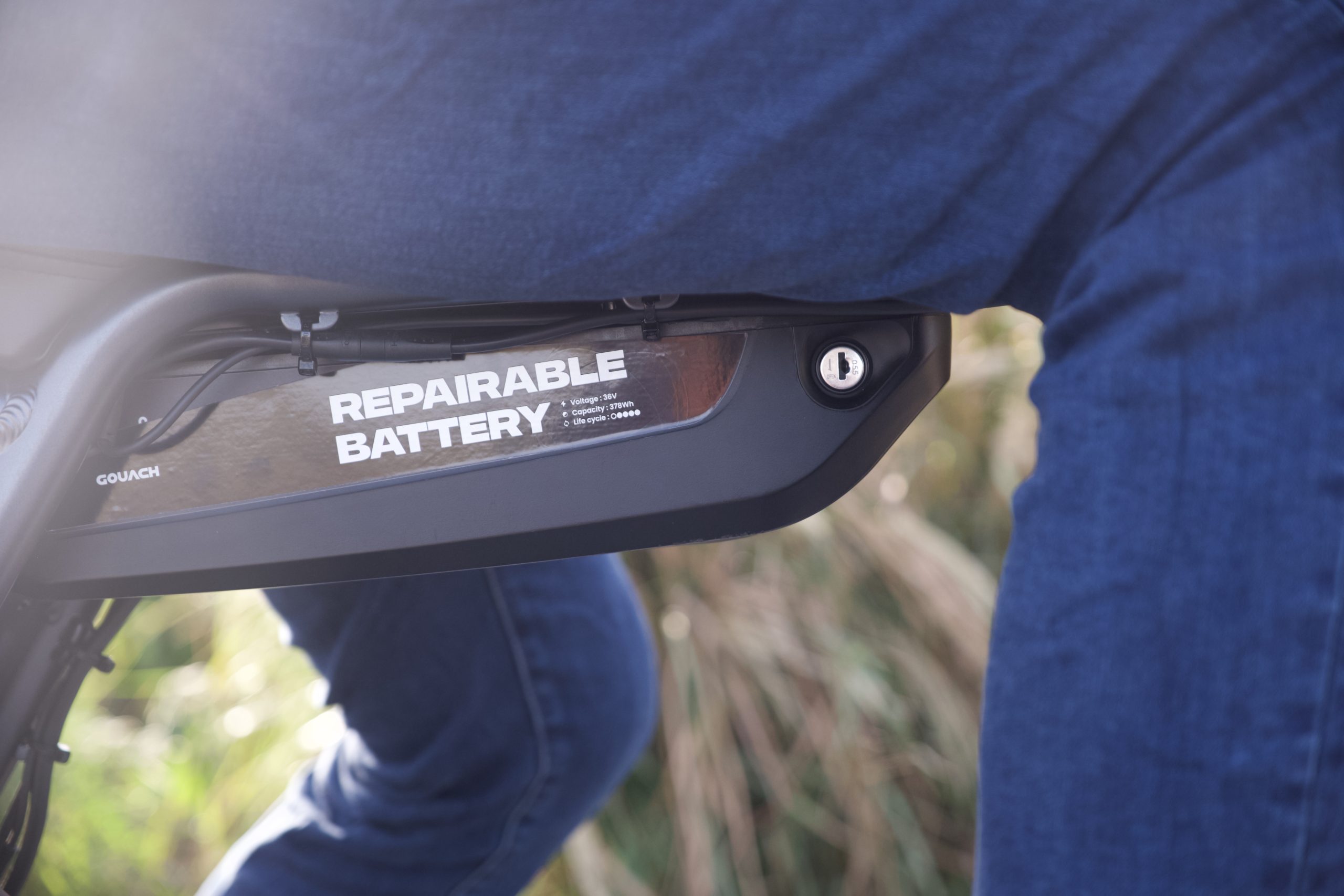E-scooter operator Neuron revealed last month that its riders have clocked up half a million miles since launching in the UK in October 2020.
Of those journeys, 40 per cent directly replaced one that would otherwise have been made in a car, the equivalent of 150,000 fewer car journeys.
The survey also found that 85 per cent of riders felt they were making a positive impact on local communities, while 56 per cent of trips resulted in a rider making a purchase at a local business.
Neuron currently operates in Slough, Sunderland and Newcastle in the UK, having launched in Australia and New Zealand in 2019, while also running fleets in Canada and South Korea.
Following the publication of its latest rider survey, Neuron Regional Manager George Symes sat down with Zag to discuss the results.
Zag: Explain the thought process behind running this rider survey.
George Symes: “We like to run rider surveys every three months to take a temperature check on how our users are using e-scooters, to spot trends, and also to see if there’s anything we need to adapt to better integrate into the cities where we operate.
“We get some great insights, according to our riders, around 40 per cent of all trips in the UK actually directly replace car journeys. That’s consistent with what we see elsewhere and those trips are split between private cars and taxis. We are not just replacing short trips, but longer trips too, with many people using e-scooters in conjunction with public transport. About 56 per cent of people said that rides that replace a car journey were made in conjunction with public transport and provided a first or last-mile solution, which was really pleasing to see.”
Zag: What were your key takeaways from this latest survey?
George Symes: “When it comes to the percentage of trips that replace car journeys there’s quite a lot of variation between cities. In Slough, the figure is 50 per cent, as it is more of a commuter town and the trial is working specifically to shift commuters from cars to e-scooters. So, I think that is pretty exciting.
“The journeys we have seen displaced are not just short journeys, but multimodal journeys. The average length of car journey displaced is five and a half miles, but actually some of those journeys have been more than 70 miles long. In those cases, people are using scooters in conjunction with long train or bus journeys as well, which is really exciting to see.
“In terms of sustainability we operate a 100 per cent electric van fleet in all three of our cities. As a result, we are not solving one problem on sustainability but then clogging up the streets with petrol or diesel vans. Our electric vans run on 100 per cent renewable energy, just like our e-scooters, which allows us to run a zero-emission operation. We also reuse and recycle parts of the e-scooter so that nothing goes to waste. Even the helmets, which are notoriously hard to recycle, are turned into refuse-derived fuel. This means that we minimise our dependency on carbon offsets, because we have developed a zero-emission scooter over its entire lifecycle, from dust to dust. All of this has led to over 65 tonnes of CO2 savings across our locations since trials began.”
Zag: How has the interest in your service grown since launching?
George Symes: “We launched in Slough in October and then Newcastle and Sunderland in February and March respectively. Since the launch date we have seen a massive normalisation of the service, with the novelty factor pretty much gone within two or three weeks. From then we have seen more of a pattern to rider behaviour and much more commuter use as well. We actually offered free morning commutes to those who chose to ride between 5am and 9am on weekdays, and it proved really successful. We also gave over 22,000 free trips to NHS and emergency service workers in an effort to help the cities we operate in recover from COVID-19. In Newcastle it would be great to increase the car displacement rate further by expanding the operating area and enabling longer journeys. We are working with the council to design that right now, but also looking to serve more deprived communities as well, and not just look at the city centres. Often in the suburbs there’s limited transport choice, lower population density and lower average incomes, but we want this to be a transport service for all.”
Zag: You mentioned making e-scooters a transport mode for all. How have you gone about acting on that aim?
George Symes: “Lots of the features on our e-scooters have helped increase accessibility. For example, we have developed an eight-inch footboard, as opposed to the six or seven-inch footboards you see on other rental scooters, which opens the scheme up to people who perhaps would not otherwise use an e-scooter. We have found that 30 per cent of our riders are women which is higher than the industry average. Women tend to prefer having a wider footboard so they can stand their feet side by side, rather than front and back. Our e-scooter also has larger wheels than most of our competitors. Each one is 11.5 inches, which allows them to cope better with potholes and offers a smoother, more stable ride for people of all abilities. In terms of widening access to people from different backgrounds, we have developed a range of different pass options. If you are a regular user, you can buy a monthly pass for instance. We also completed a recent study comparing the cost of an e-scooter journey and a bus journey, both on a monthly and pay-as-you-go basis. For a single journey, the cost of an e-scooter ride is on par with a bus, but if you have a monthly pass, it is less than half the price of a bus journey. So, in fact, e-scooters are an affordable option compared to other transport modes currently available.”
Zag: Do you have any ambitions for growing your service in the UK?
George Symes: “Absolutely, we’re the leading operator in Australia and New Zealand and now we’ve got a good track record in the UK as well. We’ve been careful not to over promise, we’ve invested the time and energy into really understanding how our cities operate and we have been adapting continually. Undoubtedly we’ll partner with more cities, some will be looking for different things after the current trial ends, and there will be new cities that will want to pilot e-scooters as well. We are excited about the future, there will always be a place for a safety leader in the UK market.”





